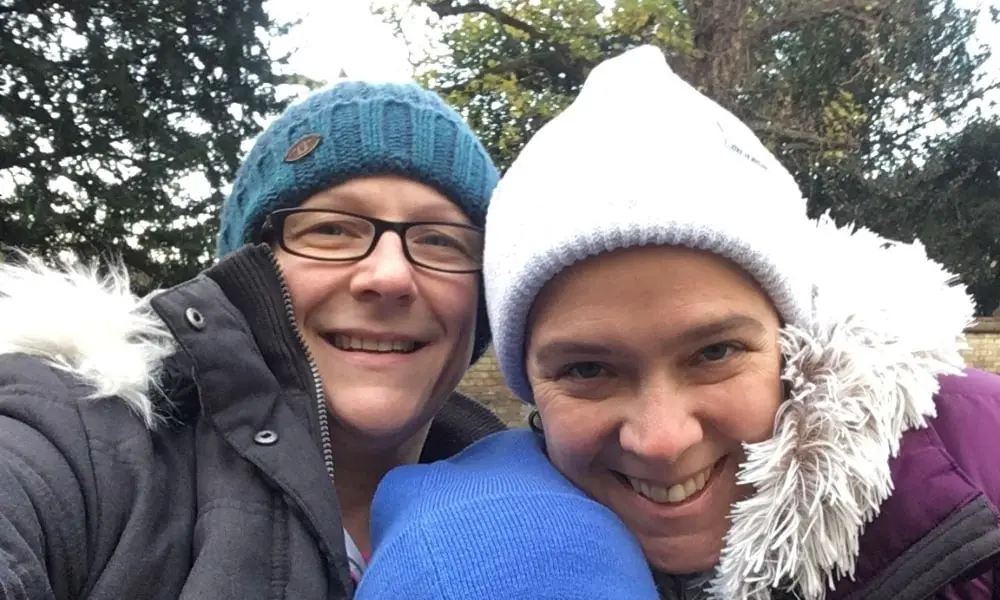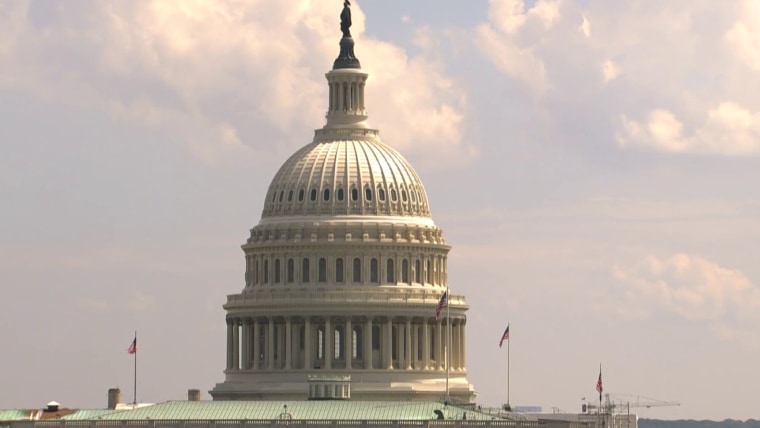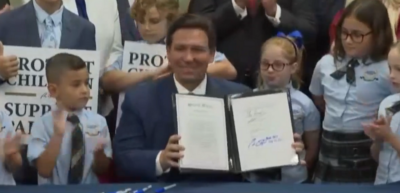So-called ‘gay tests’ have been used by anti-gay governments and authorities to inflict immense physiological and physical trauma to victims for decades. From Egypt to Uzbekistan, Uganda to Saudi Arabia, forced anal tests are persecuting gay men in more than a dozen countries around the world – all with either the explicit or implicit support of governments.
In countries where same-sex sexual activity is outlawed, law enforcement officials have been documented forcing men accused of consensual same-sex relations to undergo invasive and degrading forced anal examinations. The flawed ‘evidence’ from these unscientific tests is then used by legal authorities to convict people of homosexual conduct.
“Forced anal tests are tantamount to rape,” Peter Tatchell, Director of the Peter Tatchell Foundation and human rights campaigner, told LGBTQ Nation. “They often inflict pain and are a form of torture: an inhuman and degrading ill-treatment. These probes are not an accurate diagnosis of homosexuality, since many gay men do not have anal sex and some straight men have relaxed anal sphincters.”
While human rights groups are working to end this practice, it’s an uphill battle.
“Countries that use anal tests are mostly highly repressive homophobic regimes that ignore human rights and international pressure,” adds Tatchell.
State-sponsored torture
Victims of this practice not only face long-term physiological injury from undergoing a nonconsensual anal test, but the physical harm can be equally as damaging. While the exam itself can be performed in a number of ways, it is typically conducted by either a medical professional or police officer who examines a suspect’s rectum.
In 2016, news outlets reported a gay asylum seeker from Syria was arrested in Lebanon and held at Rehanieh military police station in the country.
“He was tortured into confessing his sexual orientation, and was subjected to an improvised anal examination by means of a rod being painfully inserted into his rectum,” says Lucas Ramón Mendos, Research Coordinator at International Lesbian, Gay, Trans and Intersex Association (ILGA World).
“Scars or a “conical” rectal cavity is often wrongly assumed to be evidence of regular and repeated anal intercourse,” explains Mendos.
There are a number of cases where victims of rape or other crimes are re-traumatized by anal exams after law enforcement officials arrest a rape victim, rather than the alleged rapist, due to the victim having a suspected history of anal intercourse.
A report called “Our Identities under Arrest” published by ILGA World late last year found in at least 7 countries in Africa (Cameroon, Egypt, Kenya, Tanzania, Tunisia, Uganda, and Zambia) and 5 in Asia (Saudi Arabia, Sri Lanka, Turkmenistan, the United Arab Emirates and Uzbekistan), that governments use forced anal examinations to “prove” anal intercourse.
As Mendos notes, these are only the countries where documented cases had been discovered, with it being likely that many more unreported cases of this practice exist but have not been discovered due to police and government suppression.
Activist struggle
Local LGBTQ advocacy groups are actively engaging with medical organizations, law enforcement groups, and legal associations to put an end to this invasive practice. Despite the clear challenges of fighting for gay rights in countries where same-sex relations are punishable by imprisonment or even death, activists have found some success in a handful of nations, including Kenya, Lebanon and Tunisia.
Tunisia has a long history of allowing anal tests, with a 2015 case of a man being sentenced to a year in prison after being forced to undergo an examination leading to the National Council of Tunisian Physicians condemning the use of non-consensual anal examinations.
In 2017, Tunisia formally accepted a recommendation to end forced anal exams. However, at the time Tunisia stated: “Medical examinations will be conducted based on the consent of the person and in the presence of a medical expert”.
In 2020, a judge in Tunisia sentenced two men suspected of being gay to prison after they refused to provide consent for an anal examination, ruling that their refusal constituted “sufficient evidence” that the “crime” of same-sex sexual activity had been committed, says Mendos.
“Since then, several examples have been documented of police and courts interpreting suspects’ refusals to undergo the exams voluntarily as evidence that they are attempting to hide their guilt,” adds Mendos.
In some nations, the use of forced anal exams is sporadic and not routine, with its deployment depending on the whim of law enforcement officers. Egypt holds the distinction of systematically subjecting LGBTQ people to forced anal exams, according to Human Rights Watch research.
“In terms of countries where we still have ongoing evidence of forced anal exams, I would say Egypt is at the top and it is built into the way that the criminal justice system handles cases of debauchery,” explains Neela Ghoshal, Senior Director of Law, Policy & Research at OutRight Action International.
Unlike the decriminalization of same-sex conduct, achieving an end to forced anal exams doesn’t require parliamentary action.
“It’s not something subject to the same kind of political winds as decriminalization because it can be achieved through regulation,” explains Ghoshal. “The approach is ‘how can we get a Ministry of Health order or an order from the Ministry of Justice calling for an end to these exams’.”
Unscientific practices
No reputable medical organization supports the use of forced anal exams. The World Medical Organization called on doctors to stop conducting these tests and urged national medical associations to educate health professionals about the “unscientific and futile nature of forced anal exams and the fact that they are a form of torture or cruel, inhuman and degrading treatment.”
Dozens of other medical groups have issued similar statements supporting the medical consensus that these forced examinations are based on outdated pseudoscience and cause immense damage to victims.
Yet many doctors who carry out forced anal exams do not do so because they believe it is an effective or accurate test but rather due to external pressure.
“In almost all cases, [doctors] do feel as if they are being forced to conduct the exams because police or prosecutors come to them requesting, or in some cases with a court order, that they conduct the exam,” says Ghoshal.
Of the doctors Ghoshal has interviewed who have conducted these exams, she found many who were adamantly opposed to these exams and knew that scientifically they didn’t show anything of value and also recognized they were causing harm.
“We had a Lebanese doctor, for instance, who had conducted these exams and was then willing to go on video and publicly denounced them and say, “I have done this, this is a horrible thing for a doctor to participate in and these exams are useless.”
Some doctors, however, firmly stood by the exams.
“I had the impression that they, in some cases, got some sadistic pleasure out of humiliating gay people by conducting the exams,” concludes Ghoshal.






